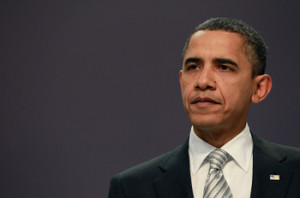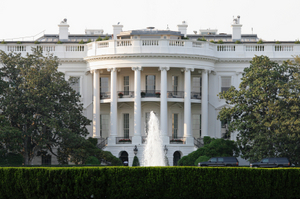We Live in an Interagency World
Despite conventional wisdom, agency coordination can sometimes improve presidential control.
Policy Entrepreneurs: The Power of Audacity
What can the efforts of a single former OIRA official teach about making broad institutional changes?
Congress Considers Limits on “Sue and Settle” Lawsuits
Republicans introduce bill limiting settlements of regulatory lawsuits.
Who Is Running OIRA?
Former EPA official questions review process during transition to new “regulatory czar” at OIRA.
Supreme Court Reaffirms Agency Discretion in Interpreting Regulations
Court concludes EPA reasonably interpreted its regulations governing logging road runoff
President Obama’s Budget Sets Regulatory Priorities Too
The proposed budget identifies the administration’s regulatory priorities.
Substance or Politics: What Dictates Obama’s Regulatory Agenda?
Both critics and defenders overstate true role of cost-benefit analysis in rulemaking
What are Regulation’s Effects on Employment?
New Wharton Public Policy Initiative issue brief by Professor Coglianese reviews the evidence.
Happy Birthday, The Regulatory Review!
RegBlog celebrates two years of regulatory news, analysis, and opinion.
Updating OSHA Inspection Policies
Using predictive targeting could better identify firms with the biggest risks to workers.
Active Choosing versus Default Rules
Cass Sunstein explains why – and when – policymakers should use default rules.












